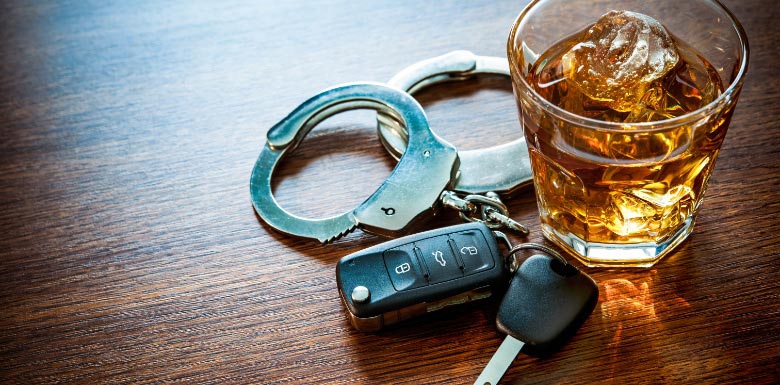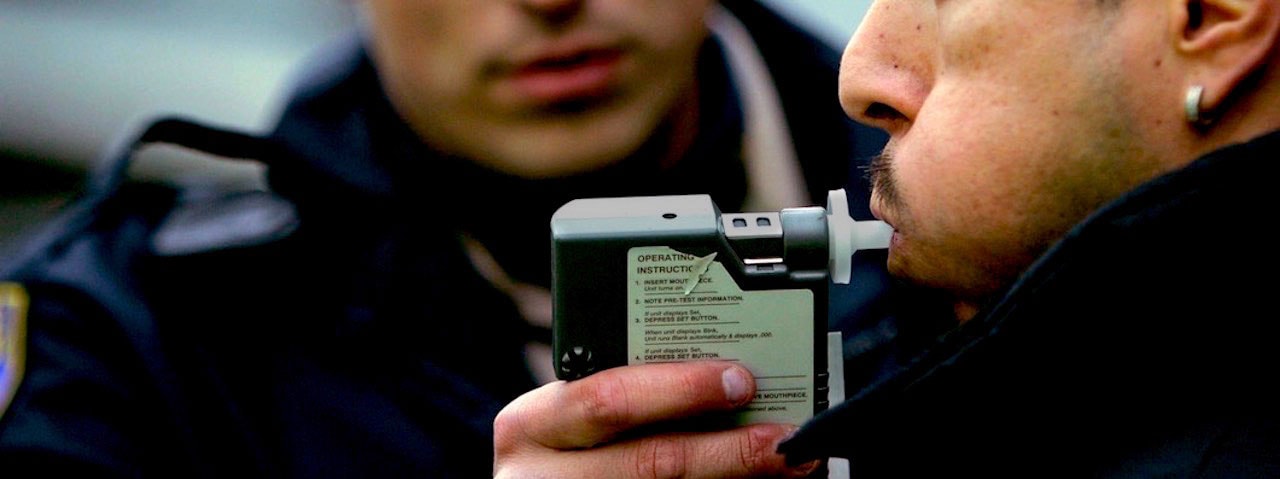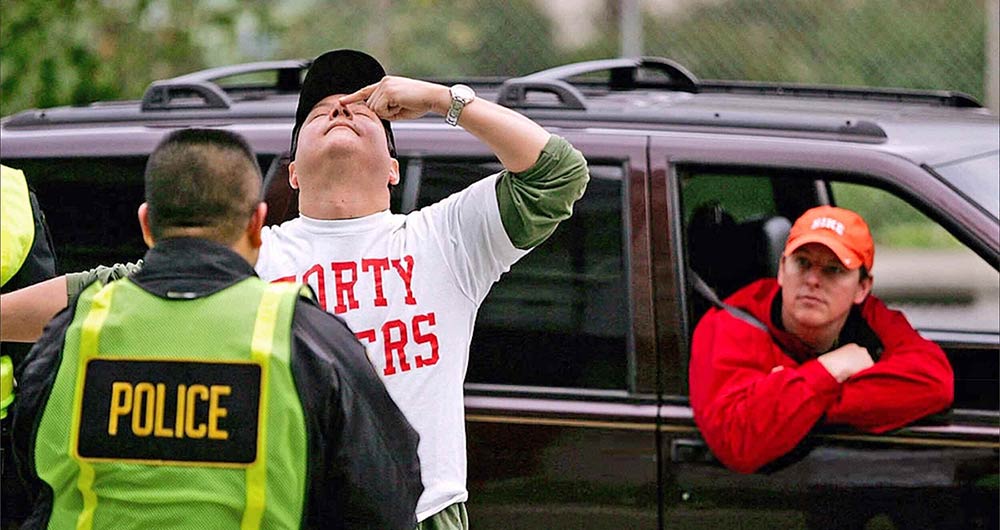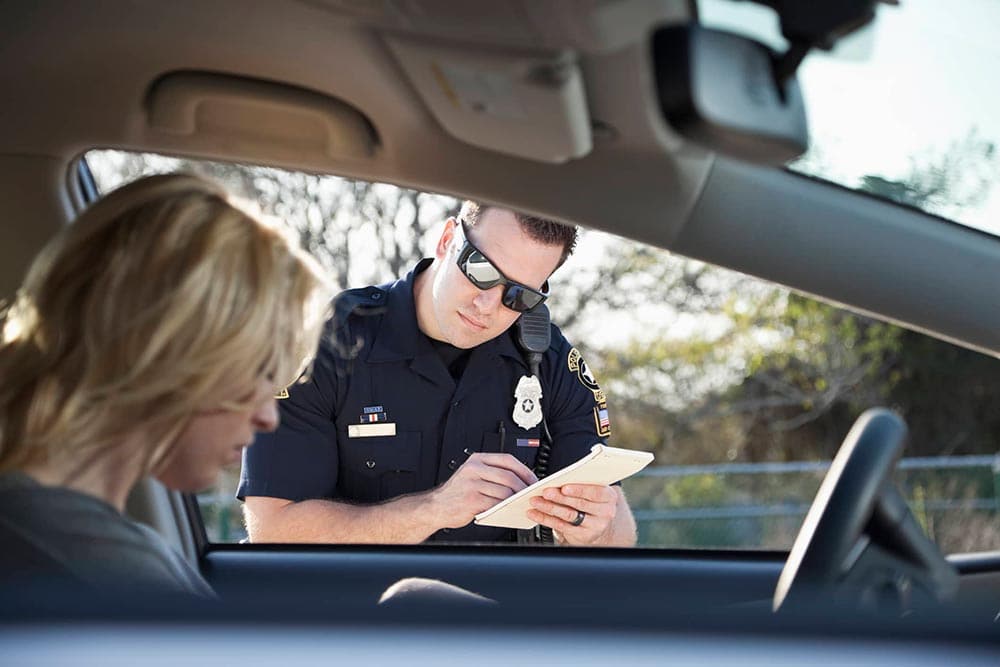Every day, impaired driving kills four Canadians and injures countless more. But the impacts don't stop there. Impaired driving in Ontario and nationwide has far-reaching effects on individuals, communities, and key social systems.
Keep reading now to get the facts every Canadian motorist needs on impaired driving, its consequences, and what to do if you are cited for it.
Impaired Driving Criminal Code
One of the problems associated with impaired driving in Canada is that many drivers are unclear as to what exactly qualifies as impairment. Legally, impairment can refer to the use of drugs or alcohol that impact a motorist's ability to operate a vehicle safely.
What Is a DUI?
The most common form of impaired driving is operating a vehicle while under the influence of alcohol. While any amount of alcohol may impact a motorist's ability to drive safely, the legal limit for BAC in Canada is 0.08. Once drivers reach this blood alcohol level in Ontario, operating a vehicle becomes a criminal offense.
The criminal code of Canada impaired driving penalties also allow for charges against drivers with BACs between 0.05 and 0.08.
Drug Impairment
Many drivers are of the school of thought that impaired driving relates only to alcohol consumption. It also covers operating a vehicle while under the influence of drugs. Under new impaired driving laws Canada, motorists can also face charges for driving under the influence of marijuana if they have two or more nanograms of THC per millilitre of blood in their system.
Importantly, impairment can also result from the use of prescription medication. Drivers are responsible for understanding the side-effects of their medications and choosing not to drive when a medication impairs their ability to operate a vehicle safely.
What Is the Impact of Impaired Driving Due to COVID 19?
Thanks to COVID-19, Canadian roadways are carrying fewer drivers than normal. Despite this drop in traffic, there has been an upswing in impaired driving.
This change is most commonly attributed to a combination of factors including:
- More Canadians staying home and drinking instead of engaging in other forms of entertainment
- Wide-spread changes to schedules and habits
- The general stress of pandemic life
- Officials treating liquor stores as "essential businesses" and permitting them to remain open amid lock-downs
At the same time that impaired driving is on the rise, the legal system's ability to handle cases in a timely manner has plummeted. By law, motorists charged with impaired driving must have their day in court within 18 months. If they do not, authorities must drop the charges.
But pandemic and lock-down conditions limit the court's ability to process charges of every kind. This slow-down prevents authorities from pursuing all of the motorists cited for drinking and driving. As a result, many prosecutors are choosing to reduce DUI charges to careless driving citations.
Careless driving carries much lower penalties but can be processed more quickly. While this is not ideal, it does allow authorities to hold motorists accountable in some way until they are able to resume full operations and keep up with the more serious charges.
What Is the Difference Between Impaired Driving and a DUI?
While people often use "impaired driving" and "DUI" interchangeably, they are not in fact the same. DUI is a form of impaired driving, but only one of several possible types.
DUI refers specifically to alcohol impairment. It does not cover the other categories of legal, illegal, or prescription drug impairment.
How Alcohol Impairment Is Detected
Police test for DUI using either a roadside field sobriety test or breathalyzer testing. Refusing to comply with an officer's demand for a test is an offense in its own right.
Officers may detain drivers found to be impaired or require motorists to accompany them to a police station for testing. How long officers can detain a driver depends on the results of the test.
Drug Impairment
Police may test for drug impairment using a variety of approved screening devices or evaluations. Often they administer these at police stations. Motorists may not refuse to accompany officers to a station for such tests.
As with DUI in Ontario, officers can detain motorists for drug testing. Whether they can continue to detain someone post-testing depends on the results of the tests, the motorist's state, and the motorist's cooperation or lack thereof with testing procedures.
A Word About Marijuana
Marijuana is legal in Canada. This can lead to misconceptions on the part of motorists about its use.
Motorists may:
Motorists may not operate a vehicle while under the influence of marijuana. This is unsafe and prohibited by law.
What Are the Penalties for Impaired Driving in Ontario?
Alarmed by drunk driving statistics, the government passed new laws around impaired driving in December of 2018. These laws:
- Expanded the scope of police authority in testing for impairment
- Closed "loopholes" that protected drivers from prosecution
- Stiffened penalties for all forms of impaired driving
Zero Tolerance
Critically, Canadian law enforces a Zero Tolerance policy for new drivers. Any motorist with a G1 or G2 license may not use any drugs or alcohol when driving.
Drivers with these types of licenses will face steep penalties if police find them to have even minute traces of drugs or alcohol in their systems.
General Penalties
All motorists can face a range of penalties if caught driving while impaired. These include:
- Vehicle impoundment
- Fines and fees
- License suspension
- Jail time
- Mandatory completion of drivers education programs at their own cost
- Ignition interlock devices installed in their vehicles at their expense
- A criminal record and the personal and social consequences associated with that
How Much Does a DUI Cost?
There is no single answer to the common question "how much does a DUI cost?" Actual costs vary depending on:
- The severity of the charges
- A motorist's driving history
- Which specific combination of charges and consequences a driver faces
With that said, between fees, fines, and other costs, it is not uncommon for motorists to end up paying out several thousands of dollars for a single DUI charge. With each progressive offense, costs go up.
Can You Drive Drunk On Your Own Property in Canada?
Importantly, motorists face the same penalties for impaired driving whether they are on public roadways or private property. Canadian law does not differentiate between the two.
It also does not differentiate between vehicle types. Even individuals operating small motorized vehicles like lawn mowers can fall afoul of the law if they are over the blood alcohol limit in Ontario.
Penalties by Conviction
On their first alcohol or drug impaired driving offense, drivers face:
- A minimum fine of $1,000
- Up to 10 years in jail
- License suspension of at least 3 days
During first and subsequent offenses, motorists may face additional fees, fines, and penalties associated with:
- Retrieving their vehicles from impoundment
- Restoring their licenses after suspension
- Any other charges they face in conjunction with the impaired driving offense
Second Conviction
On their second alcohol or drug impaired driving offense, drivers face:
- A mandatory minimum of 30 days in jail
- Up to 10 years in jail
- License suspension of at least 7 days
- Mandatory completion of a qualifying drivers' education program
Motorists may face additional fees, fines, and penalties associated with related charges and drivers' education program enrollment.
Third Conviction
On their third alcohol or drug impaired driving offense, drivers face:
- A mandatory minimum of 120 days in jail
- Up to 10 years in jail
- License suspension of at least 30 days
- Mandatory completion of a qualifying drivers' education program
- Installation of an ignition interlock device in their vehicle for a minimum of six months
- Mandatory medical evaluation
Motorists may face substantial additional fees, fines, and penalties associated with:
- Related charges
- Drivers' education program enrollment
- The ignition interlock device
- The medical evaluation
Refusing a Test
Motorists who refuse an officer's demand to test them for impairment will face an additional:
- Licence suspension of 90 days
- Seven-day vehicle impoundment
- Fine of $550
- Drivers education enrollment
- Installation of an ignition interlock device in their vehicle for a minimum of six months
- Set of fines and fees
How Long Does an Impaired Driving Stay on My Record?
All impaired driving charges remain on a motorist's record for three years. Convictions remain on a driver's record for 10 years.
Impaired driving charges can affect motorists' insurance premiums for as long as six years, even if they do not result in a conviction. Motorists can pay up to five times more for insurance after a DUI charge. Repeat offenders may struggle to find anyone willing to insure them at all.
It is not possible to hide DUIs from an insurer. Moreover, drivers should be aware that if they are charged with a DUI in conjunction with an accident, their insurer is not required to cover the costs of the accident.
Drive Safely
Impaired driving in Ontario can have long-lasting impacts on a driver's life. Understanding the laws associated with impaired driving can protect you and your family from unwanted costs and consequences. Learn more about safe driving and Canadian laws around operating a vehicle by exploring more of our blog today.









